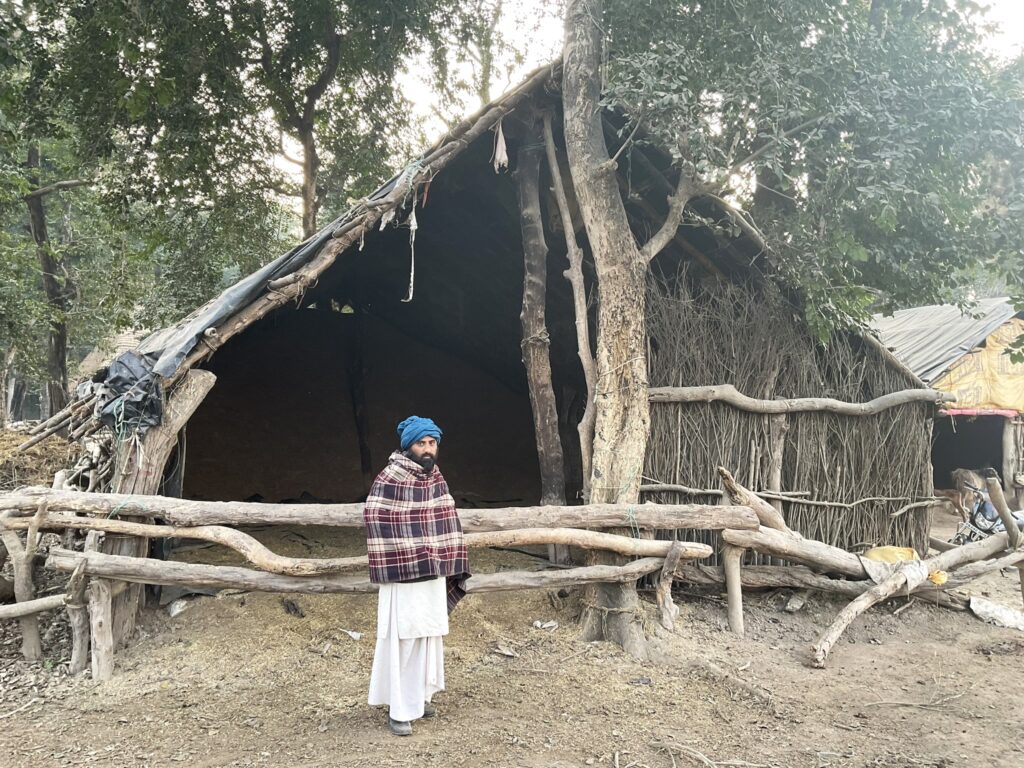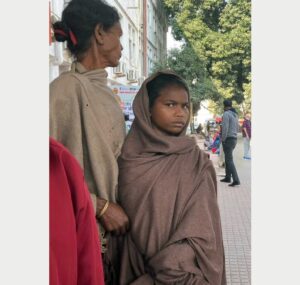
A New Economy: How Van Gujjars in Uttarakhand are trapped in a cycle of debt and dependence

Sharafat Ali Kasana lost his father, Noor Deen, in 2002. Deen, the head of the household at the time, led his family and other Van Gujjars to the alpine mountains in the summer for their annual migration from the Rajaji forest in Uttarakhand. He died during this migration, and Kasana still regrets that his father was not cremated until the day after his death, because they could not find a suitable burial ground, shroud, or anyone to lead the cremation prayers. “That was the last time we migrated to the mountains,” Kasana recalled. Over the decades, as restrictions on the free movement of Van Gujjars grew, the community was forced to adapt their migratory patterns for the benefit of their cattle, but the change has come at a grave cost—a cycle of perpetual debt. The Van Gujjars are a Muslim, semi-nomadic, pastoralist community of Gujjars (also spelled Gurjars) spread across the…
Related Posts


Donald Trump’s Master Economic Plan I Opinion by Yanis Varoufakis




